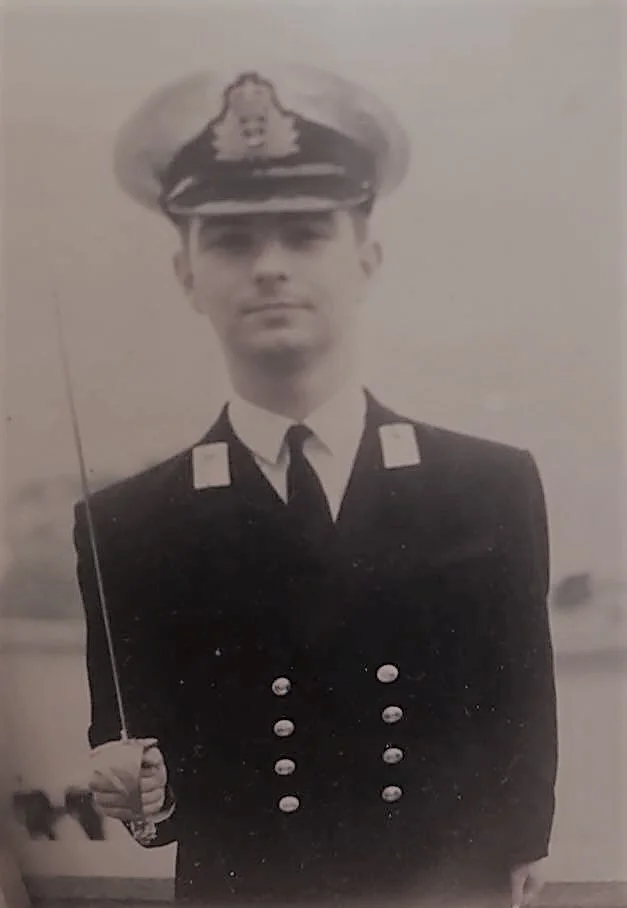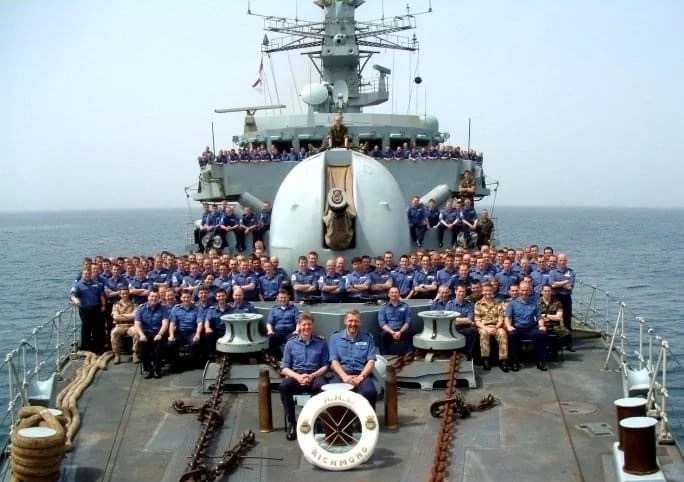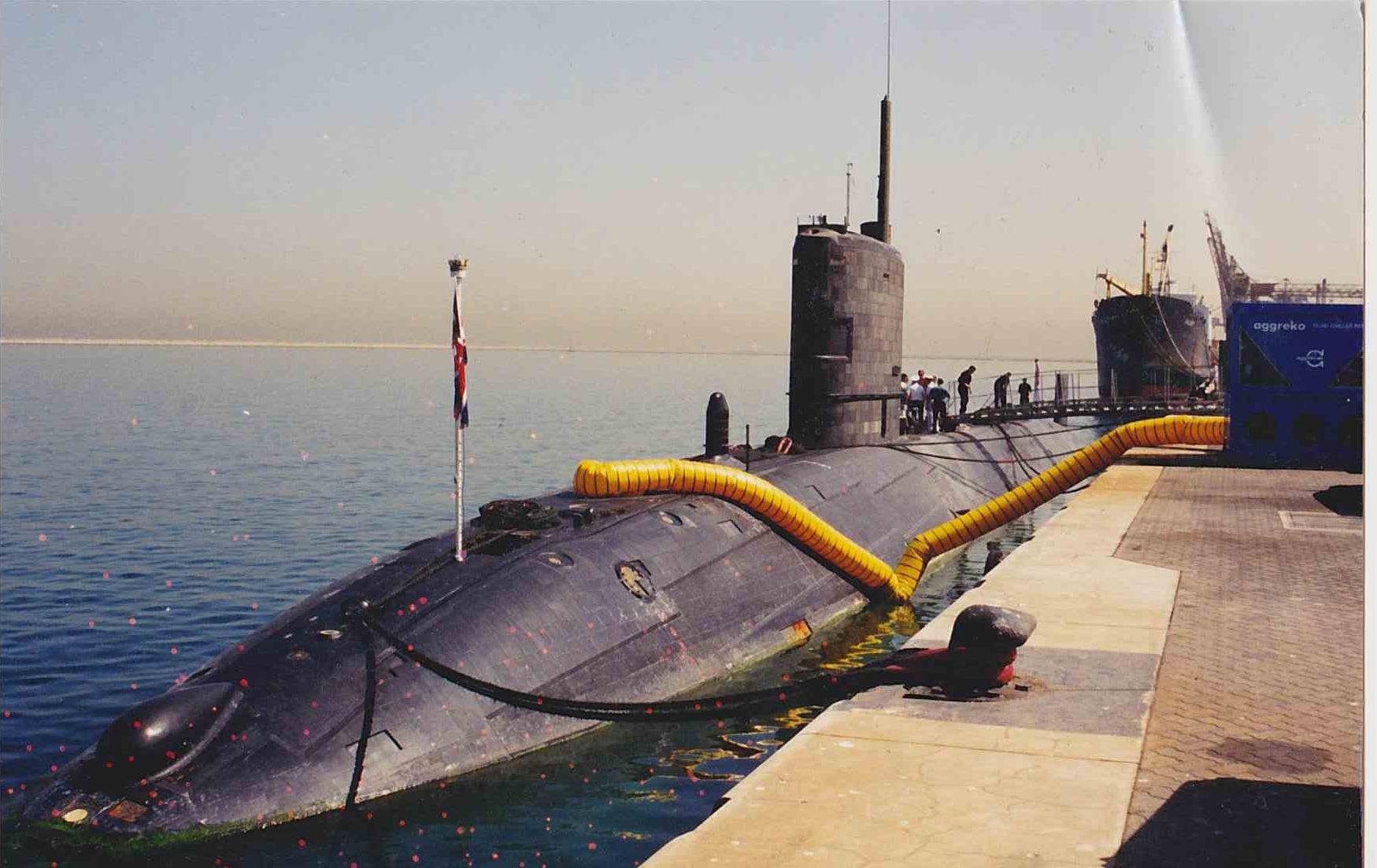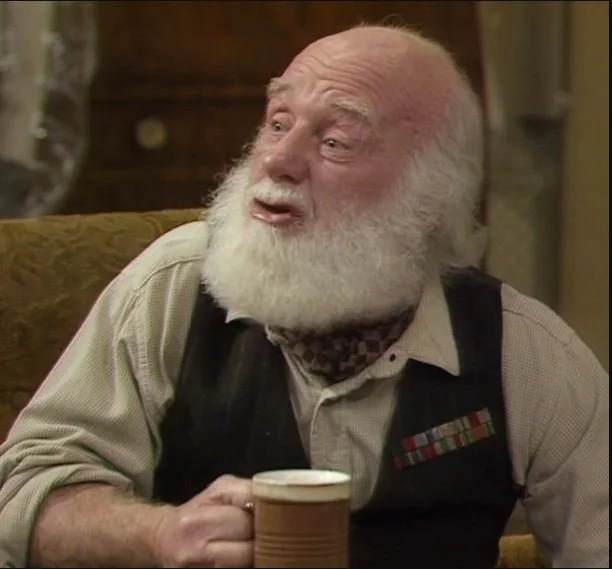Ten Years After The Mast
My name is Dan.
I am a veteran.
It has been over 10-years since my last day of Service.
“In the Navy”
I consider myself to have been very lucky. I left the Service having enjoyed a full and rich career which provided me with a broad range experiences and helped me to grow both as a professional and as a person.
I had been through many good times and enough bad times to keep my view of the Services balanced. I had achieved things that not everybody – and not every sailor – could, and I had also failed in some areas and learned some hard lessons.
In short, I’d had the type of experience many veterans can relate to. I had loved my time in the Royal Navy and didn’t regret a thing. The current RN recruiting campaign is spot on by the way; I was born in Lancashire, but I was made in the Royal Navy.
“All Around Me Are Civilian Faces”
So, it was a surprise that within about a year or so of leaving I was struggling with some of the choices I had made. I was finding that entering the civilian world was much more of a challenge than I anticipated.
At the time I considered my decision to leave carefully. I tried to identify and place value against the things that I would miss: the comradeship, shared values, importance of the work, sense of self-worth, snazzy uniform, etc. And I thought that I had sensibly quantified them and made a decision based on their relative value to my personal and family circumstances, requirements and aspirations.
The trouble is that there are elements of Service life that you just can’t quantify.
How do you place a value on the sort of non-verbal communication which tells you it’s your turn to make the wets; regardless of the fact that you are the most senior person there? How do you quantify understanding the many nuances of the word ‘Sir’ and how to react to them? How to you apportion worth to instinctively knowing just how much to take the piss, and definitely when not to?
These examples might sound frivolous and glib, but they illustrate the foundations upon which veterans build a much-valued feeling of trust and belonging. Yet few of us ever give them the attention they deserve when weighing up the decision to leave.
I’m not saying that these attributes do not exist in civilian life. They do. They are just different and they don’t leap out at you in the same way; you have to search for them.
In my head, in those first few years, I used to amuse myself by re-wording the (arguably) classic Tears for Fears song ‘Mad World’ with “All around me are civilian faces”. But it wasn’t that amusing at all really, and the sense of isolation and incomprehension the song evokes was horribly real for me at times.
Ready to Fight and Win
Veterans are adaptable, versatile and innovative. We can do anything. Right?
I have read this on various media and heard it elsewhere many times. It always worries me because – and here comes the controversial bit – we can’t. At least not straight away.
We have all the right raw materials though. We are adaptable because we have spent a first career being taught that a plan never survives first contact with the enemy. We are versatile, whether that is in terms of how we fight or how we spend the money the government gives us. We are well-versed in responding quickly to urgent tasks and changes, and we are fired with the almost evangelical belief that we are right and we will win.
And, over time, these really are enough.
I believe that in general we leave the Service with the building blocks in place to transition to civilian life successfully, but we are not the finished product before we arrive and it really worries me that the twittersphere is hell-bent on telling service leavers that they are. It is misleading and sets unrealistic expectations.
We place a great deal of value on camaraderie, trust and professionalism.
It’s you. Not them
So. We are adaptable and innovative, even a little disruptive in the right way, but we are also used to defined management structures, set responsibilities and a sense of routine and order.
In the civilian world management structures can be ambiguous, meetings usually don’t start on time and people can behave badly - sometimes very badly. Strategies and plans are ignored and people often deal with stress in ways a long-term veteran can not even imagine. I’ve seen tears, fist-fights, unwelcome hugs and walk-outs.
Thankfully not all on the same day but my point is that we are not used to it and the reaction that I know is in your head right now as you read these examples will not help you.
Regardless of the rank they were when they left, if veterans enter the commercial world feeling that they are ready to effectively operate in this unfamiliar environment straight away, there can be difficulties. And whilst we can leverage some of the qualities and attributes that worked for us in the Services, some are unsuitable.
Employing the old last resort of “Did you understand the order?” to a 25-year old technician who refuses to wear the right PPE is almost certainly the wrong approach. As it is making light of a difficult or tense situation in the boardroom.
So it is you who needs to adapt, not them.
I now realise that when I joined my first company, the boundless enthusiasm and energy I felt for my new career, surroundings and colleagues was misinterpreted and resented in some quarters. And my new ideas, alternative thinking and Tigger-like enthusiasm – all attributes for which I thought I had been recruited - were viewed quite negatively in some quarters.
Only now, with the benefit of hindsight, a lot more grey hair and some serious, not always comfortable reflection, I realise that a wiser head might have seen and acknowledged this earlier, toned things down a bit, influenced instead of railed, and worked-out how to achieve goals in a way that did not threaten.
The type of person I was (and am), and how I had been conditioned as a serviceman, led me to believe that my military approach was understood and valued among my civilian colleagues and that was not a safe assumption.
Translation v Interpretation
By my own admission I tried to translate the skills I had acquired in the Royal Navy. I thought that I could step out of my uniform one day and shrug on a smart new suit the next but not change my overall approach.
But it is much more subtle than that. What I realised over time was that it is not just a case of translating your skills and experience for the civilian market. To succeed, they need to be interpreted, put into a new context, and shaped into something that addresses the desired outcomes of your civilian employers in a non-threatening way that is familiar to them.
Service men and women routinely have experiences that are sometimes unimaginable to their civilian counterparts.
“When I was …
Servicemen and servicewomen amass experiences that are, even in today’s world, often incomparable to those of their civilian counterparts. And it is very easy to find yourself talking about situations that might seem perfectly mundane and normal to you but can intimidate your new colleagues or make you come across as boastful.
My advice is to dial it down a bit; at least at first. If you find yourself starting any sentence with the words “When I was in Honky Fid …” or “After we’d winched down to the fin ...”, consider thinking again.
Cause and Effect – Recruitment and Transition
My decision to leave had been influenced by what I thought civilian life would be like. Of course, having been in the Services since the age of 19, I was probably not best placed to make that judgement.
The Services spend a great deal of time and effort turning new recruits into fledgling servicemen and servicewomen. They are heated up, bent, twisted, filed and smoothed until they are roughly the right shape to undertake the next step of their transition to Service life.
This is a physical and mental process, and both give rise to not only professional and physical attributes and skills, but also to a set of values and a way of thinking. Recruits only leave basic training when they are deemed fit to go on to professional and operational training. The whole process is very structured and designed to deliver specific outcomes. It is ‘pushed’ to recruits rather than 'pulled' by them.
Perhaps understandably, there is less rigour applied when a service person leaves however. Whilst they are provided with access to advice, guidance and a portal to information from which they can plan and practice interview techniques, network and undertake training courses, etc, there is little or no assistance with re-adjusting to a different, civilian mindset.
It is very much up to the leaver to ‘pull’ the relevant and necessary information but, as in my own case, it is not always easy to know exactly what we need to pull.
Don’t get me wrong, I did not expect the Services to nanny me through to a new job. There are however, ways to help service leavers to identify, contextualise and moderate some of their overt, distinct military characteristics. But, to my knowledge, this is not directly addressed during the transition to civilian life.
Ease off on the war stories!
Everyone Has to Become a Civilian Eventually
When I look back, one of the most sensible pieces of contextual advice I received was from my wife. She said something like “sooner or later, you all have to becomes civilians”. My take-away from this – with hindsight sadly – is that unless we want to become a Battery Sergeant Major Williams (look it up), or an Uncle Albert, we need to think about the transition to civilian life in plenty of time because it is possible that you might find it more challenging than you think; and for reasons you had not even considered.
Ten Years On
I found life outside the Armed Forces much more different than I anticipated. Consequently, I didn’t have a particularly soft landing at first. After an eventful decade however, it has been cathartic to reflect on the highs and lows, successes and downright cock-ups.
So what?
The commercial world can be every bit as collegiate, exciting and fulfilling as the military. There are shared values, accepted behaviours, and the opportunity to do important work.
The bottom line is if you adapt, learn the ropes, get some support and do some good work, you will succeed. My experience has been that you will have to meet it more than halfway however and it might not feel like the right decision straight away.
But keep at it. You’re a veteran. And we are really, really good at keeping at it.





